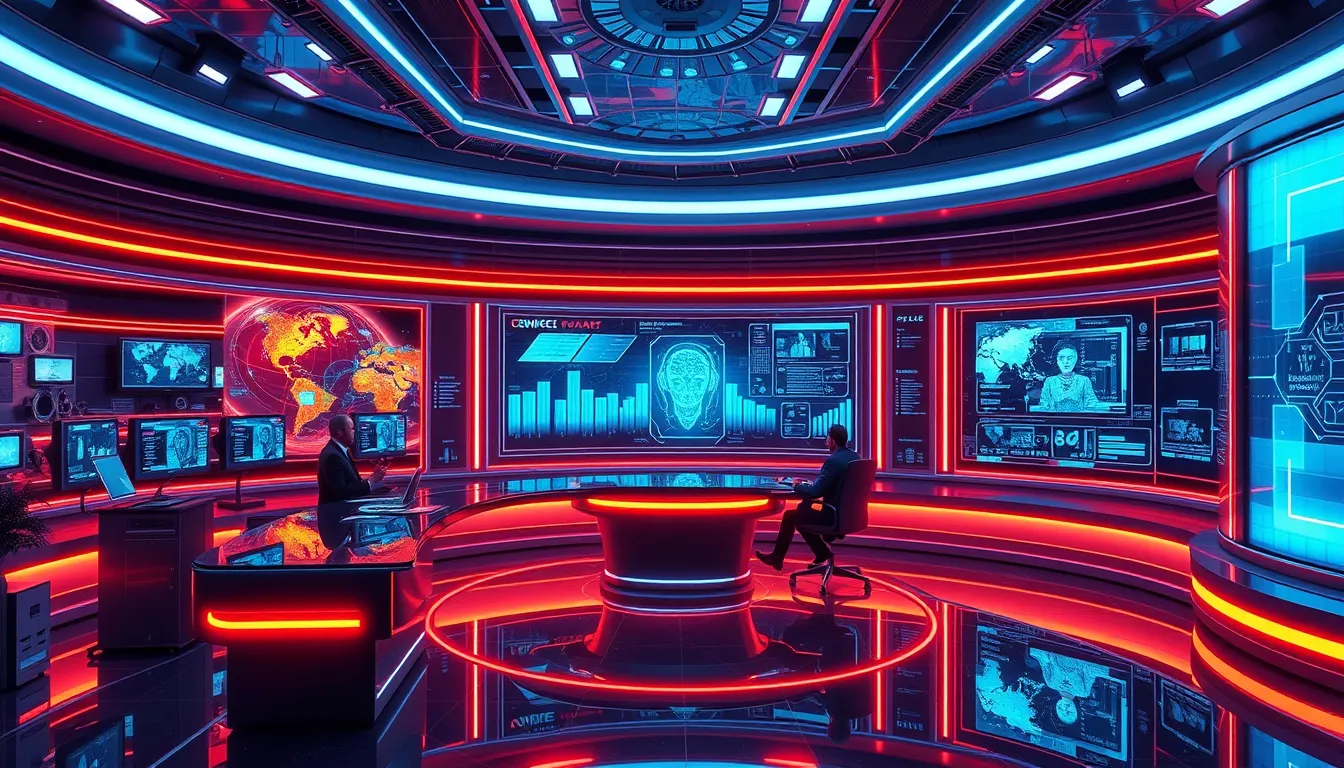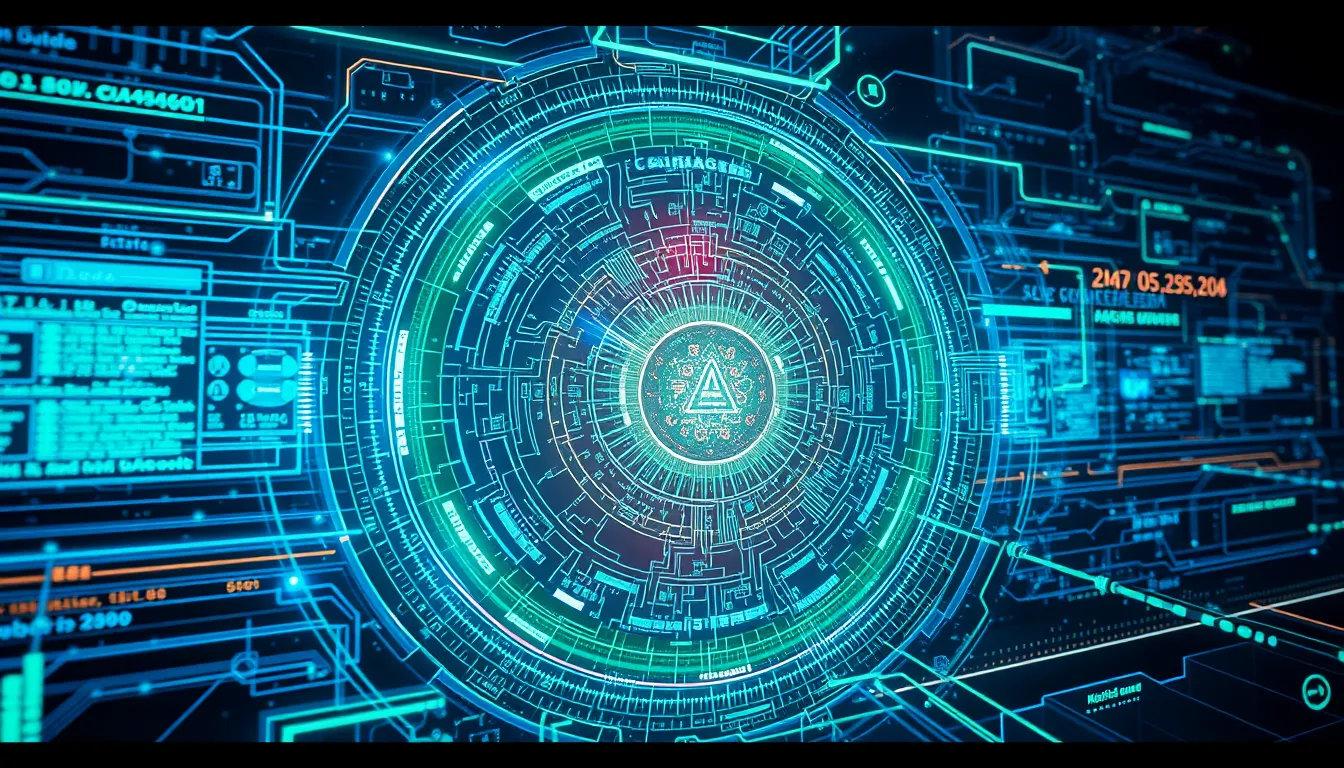Now Reading: Powerful AI in Healthcare Diagnostics: Revolutionizing Patient Care
-
01
Powerful AI in Healthcare Diagnostics: Revolutionizing Patient Care
Powerful AI in Healthcare Diagnostics: Revolutionizing Patient Care

Powerful AI in Healthcare Diagnostics: Revolutionizing Patient Care
In today’s rapidly evolving medical landscape, AI in healthcare diagnostics is transforming how medical professionals approach diagnosis and patient care. This revolutionary technology leverages advanced algorithms and machine learning to analyze complex medical data, making it an indispensable tool in modern medicine.
Understanding AI in Healthcare Diagnostics
Artificial Intelligence (AI) has steadily evolved to play a critical role in various fields, and healthcare is no exception. The integration of AI into diagnostic processes is not only improving accuracy but also allowing for faster, data-driven decisions that enhance patient care. As health systems around the world embrace innovation, AI in healthcare diagnostics emerges as a pivotal technology in improving outcomes, reducing diagnostic errors, and increasing operational efficiencies.
Key Benefits of AI in Healthcare Diagnostics
Enhanced Diagnostic Accuracy:
- AI algorithms analyze vast amounts of data from medical imaging, electronic health records, and laboratory results, reducing the margin for human error.
- Studies show that AI systems can help clinicians identify patterns that may be overlooked in manual reviews.
Accelerated Decision Making:
- Immediate processing of diagnostic data leads to quicker patient management and treatment decisions.
- Automated systems provide immediate alerts for potential issues, ensuring timely intervention.
Cost-Effectiveness:
- Efficient diagnostic processes reduce overall costs in healthcare delivery.
- Early detection through AI minimizes the need for more expensive treatments in advanced stages of diseases.
How AI Improves Diagnostic Accuracy
One of the most compelling aspects of AI in healthcare diagnostics is its ability to boost diagnostic precision. Diagnostic accuracy is paramount because even the smallest error can have significant consequences. AI-driven diagnostic tools are now enhancing medical imaging techniques like CT scans, MRIs, and X-rays by detecting subtle anomalies that can signal the onset of diseases.
Research highlights several ways in which AI technologies are making an impact:
- Pattern Recognition: AI systems are adept at identifying patterns in imaging data that correlate with specific diseases, giving medical professionals an extra level of analysis.
- Data Integration: By combining patient history, genetic information, and imaging results, AI offers a holistic view of patient health. This comprehensive approach is especially useful in understanding complex diseases.
- Continuous Learning: As AI systems process more data over time, they get better at diagnosing rare conditions and adapting to new medical trends.
Challenges and Future Directions
Despite the numerous benefits, the use of AI in healthcare diagnostics also comes with challenges. Data privacy concerns, the need for extensive clinical validation, and the integration of legacy systems with new technology are hurdles that must be overcome.
Looking ahead, the future of AI in healthcare diagnostics appears promising. Ongoing collaborations between tech developers, medical professionals, and regulatory bodies continue to refine these systems for broader and safer implementation. Moreover, advancements in AI disease prediction technologies are expected to further enhance preventive medicine by anticipating disease outbreaks and enabling early intervention.
Practical Applications and Real-World Examples
Several health organizations across the globe have already integrated AI into their diagnostic workflows. For instance, hospitals in the United States and Europe are using advanced AI systems to read imaging scans, thereby decreasing diagnostic time and improving patient outcomes. These cutting-edge systems not only support doctors by providing second opinions but also act as critical tools in emergency situations where every second counts.
Additionally, AI applications in healthcare diagnostics are not limited to imaging alone. AI-driven predictive models are increasingly being used for:
- AI Disease Prediction: Forecasting trends in disease prevalence to better allocate resources and personalize patient care.
- AI Medical Imaging: Automating the interpretation of complex imaging data to assist radiologists.
How to Embrace AI in Clinical Practice
For medical institutions looking to integrate AI in healthcare diagnostics, a phased approach is advisable:
- Start with pilot programs to test AI technologies in controlled settings.
- Train staff on how to leverage these systems effectively while maintaining human oversight.
- Establish protocols to ensure data privacy and compliance with healthcare regulations.
Internally, hospitals can create dedicated units to monitor AI performance. Externally, collaboration with technology partners such as the official websites of trusted organizations like the American Medical Association (https://www.ama-assn.org) and leading tech innovators ensures that best practices are followed.
Conclusion
AI in healthcare diagnostics is not just a technological trend—it is a paradigm shift that is setting new standards in medical care. By enhancing the accuracy of disease detection, reducing diagnostic times, and integrating predictive analytics, AI is helping clinicians deliver better care more efficiently. As the technology continues to evolve, its integration into everyday clinical practice will undoubtedly reshape the future of healthcare.
Embracing these advanced tools today will pave the way for smarter, more precise, and patient-centered care tomorrow. Whether you are a healthcare provider looking to optimize your diagnostic processes or a patient eager for a more thorough and timely diagnosis, the transformative power of AI in healthcare diagnostics is clear.

























